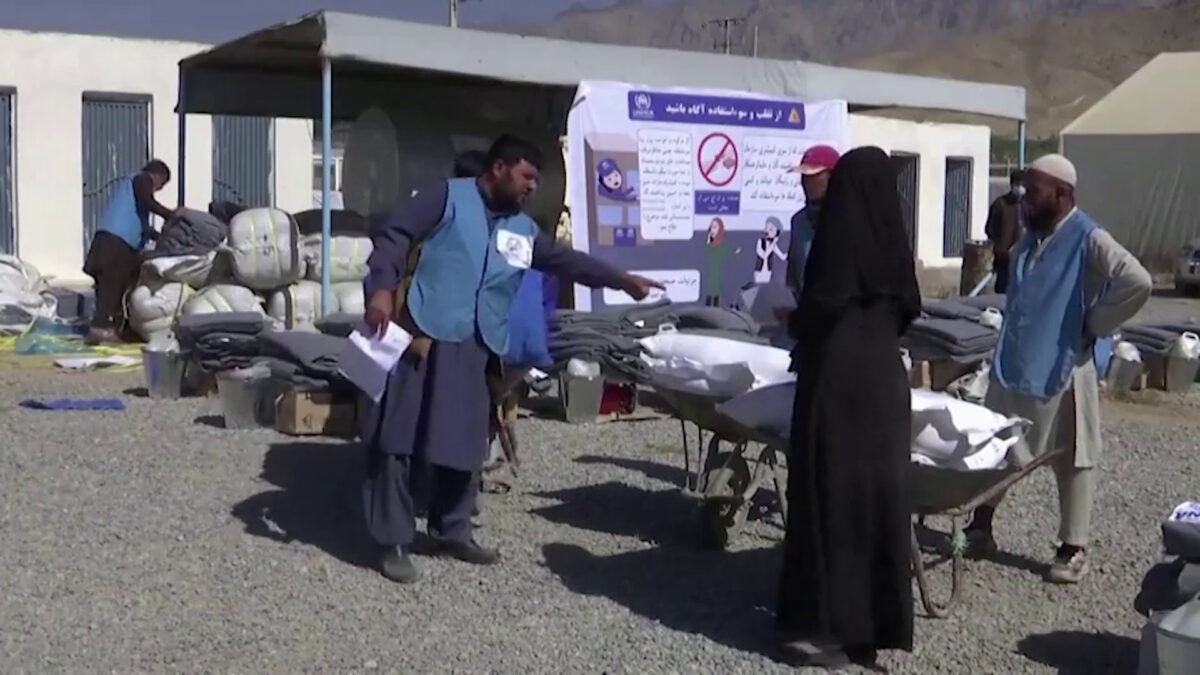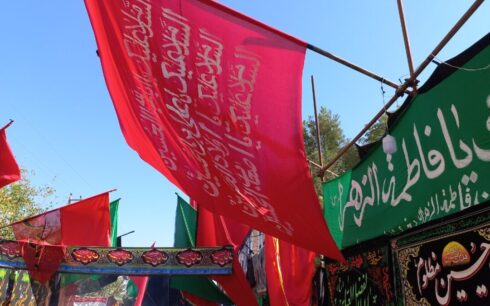The World Food Programme (WFP) has warned that its massive budget shortfall has left it no choice but to cut vital nutrition assistance to one million mothers and children in Afghanistan.
In a video released on X, WFP Afghanistan said that women are bearing the “brunt with shrinking options to make a living.”
This comes after WFP said early last month that it had to cut two million people from aid, bringing the total to 10 million people deprived of critical aid this year.
In early September, WFP warned of a looming catastrophe if funding shortages continued.
However, foreign donors have steadily cut back on funding for humanitarian purposes for Afghanistan. Some observers have attributed this to the current situation in the country under Taliban rule and the emergence of other humanitarian crises around the world, including Ukraine.
Aid organizations argue however that women and children are bearing the brunt of the current crisis which is exacerbated by a crippled economy.
“Women pay the highest price for the assistance cuts in Afghanistan,” the WFP said.
WFP Afghanistan has in turn appealed to donors to provide urgent support ahead of winter, which will inevitably increase challenges faced by the poverty-stricken population.
WFP reported that over 40 million people in 51 countries of the world are suffering from an emergency level of hunger, while 15 million of them are in Afghanistan.
According to the UN Office for the Coordination of Humanitarian Affairs, over 29 million people are in need of urgent humanitarian assistance in the country.
Afghanistan’s economy has taken a beating over the past two years, since the Taliban regained control of the country. Immediately after the collapse of the former government, the international community froze a total of $9.5 billion in foreign reserves – of which $7 billion was held by the US.
In addition to this, the international community stopped all its financial support to the country as the Taliban failed to meet determined criteria.
The Taliban’s ban on local women working for NGOs and the United Nations in Afghanistan dealt another blow to the international community’s confidence in the Taliban, especially after reports emerged of alleged interference on their part in the delivery of aid. Watchdogs, including Human Rights Watch (HRW), have repeatedly voiced concerns and said that the restrictions on women working for aid organizations has affected the distribution of assistance to the people who deserve it.





